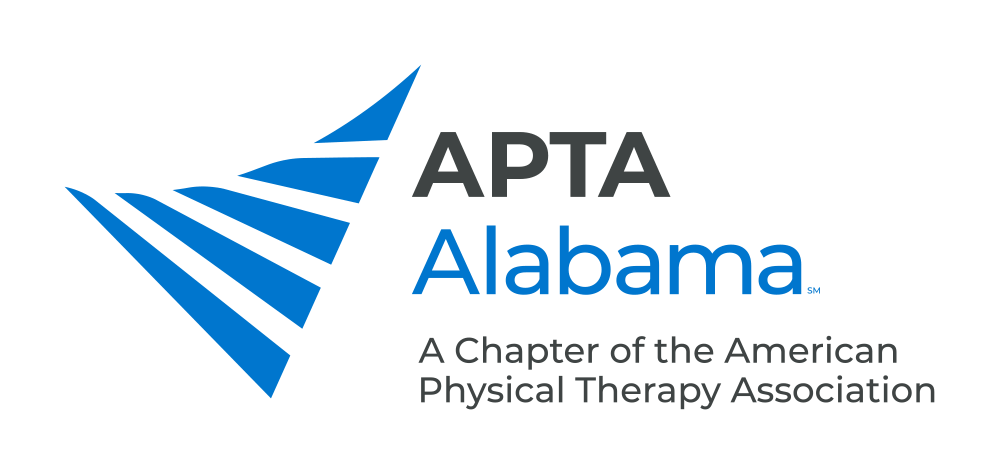On Friday, Feb 9, Congress passed a $500 billion bipartisan budget deal that funds the US government through March 23, 2018 and sets the spending framework for 2019.
Permanent Fix to Therapy Cap Signed into Law
On Friday, Feb 9, Congress passed a $500 billion bipartisan budget deal that funds the US government through March 23, 2018 and sets the spending framework for 2019. President Trump signed the budget deal into law at approximately 8:30 am. This deal increases both military and domestic spending, and addresses disaster relief along with a host of critical federal health programs, including a permanent fix to the Medicare Part B hard therapy cap.
While this package does not afford APTA with everything we would have liked, we should take a moment to celebrate closing the door on a 20 year advocacy effort that has challenged our ability to ensure timely and appropriate services to patients. It also provides us the opportunity to redefine our advocacy agenda and to pivot toward the type of advocacy profession we’d like to be at our centennial and beyond.
As you know a permanent fix to the hard therapy cap has been an APTA priority issue since the cap was first established in 1997. Over the past 20 years, Congress recognized the cap was a flawed policy and thus enacted a series of moratoria and an exceptions process to delay or prevent its implementation. On January 1, 2018, when the hard cap was applied, patients felt the brunt of what happens when Congress fails to act. The legislation enacted today is a permanent solution to the hard cap and forever eliminates the constant threat it posed to patients.
The budget deal also includes provisions that APTA does not support. At the top of this list is the provision to reduce payment for services in which a physical therapist assistant (PTA) is involved under Medicare Part B. Beginning January 1, 2022, payment for services provided by a PTA, as well as services provided by an occupational therapy assistant (OTA), would be paid at 85% of the Medicare fee schedule. Why did this occur?
Congressional rules require certain policies to be linked to other policies known as “pay-fors” at the time that the policy change is proposed. The cost of a permanent fix to the therapy cap was estimated at $6.47 billion. On Monday night, February 5, the House of Representatives released its proposed package, which included a last-minute addition of a PTA and OTA payment differential. This policy was not part of any of the discussions or negotiations on Capitol Hill over the past year, nor was it included as part of the proposed package of pay-fors that were announced this past fall as part of the bipartisan, bicameral agreement. On Tuesday, February 6, APTA and our allies responded with alternative proposals to eliminate, reduce, or delay the PTA and OTA payment differential. Each of these legislative options was rejected.
Inclusion of the PTA and OTA payment differential as part of the deal does not mean the fight is over. Although this provision was included we may have the ability to influence the payment differential during the regulatory process. The next step is for the Centers for Medicare and Medicaid Services (CMS) to develop proposed rules to further define and provide additional guidance prior to implementation. APTA will leverage its congressional champions, the APTA Public Policy and Advocacy Committee, and the PTA Caucus on strategies to address the CMS activities. Our collective efforts will drive the association’s work to ensure that guidance to implement the new policy is favorable to PTAs and the profession, while assuring access is not limited for those in need of our services.
What does this mean for my billing and my practice?
Therapy claims for outpatient Medicare Part B that go above $2,010 (adjusted annually) will still require the use of the KX modifier for attestation that services are medically necessary.
The NEW threshold for targeted medical review will be lowered from the current $3,700 to $3,000 through 2027. However, the overall number of targeted medical reviews is not expected to increase.
Claims that go above $3,000 will not automatically be subject to targeted medical review; only a percentage of providers who meet certain criteria will be targeted, such as those who have had a high claims denial percentage or have aberrant billing patterns compared with their peers.
The budget deal also incorporates items that impact home health.
On the positive side it includes an extension of the home health rural add-on at current levels for 2018
It also includes varied add-on rates for rural counties from 2019 through 2022.
It includes a provision allowing home health medical records to be used to determine eligibility for home health services.
It also increases the FY 202 market basket update for home health agencies by 1.5%.
However, it does require HHAs to transition to a 30-day episode/unit of service, down from the current 60-day unit of payment starting in 2020
It eliminates the use of therapy thresholds in case-mix adjustment factors.
It includes a requirement to convene at least one session of a technical expert panel to identify and prioritize recommendations for the revised payment system.
Finally, it requires HHS to undergo rulemaking to propose and then finalize the revised payment system (e.g. the HHGM) prior to January 1, 2020.
Also included the deal are a number of important health policies that affect patients of physical therapists, including extensions to these programs:
The Children’s Health Insurance Program;
The Maternal, Infant and Early Childhood Home Visiting Program;
Community health centers;
The National Health Services Corp;
Teaching health centers that operate graduate medical education programs;
The Medicare-dependent hospital program;
The National Quality Forum;
Expansion of the use of telehealth for home dialysis therapy;
And a number of changes to the Medicare Advantage program.
Member Log-In

